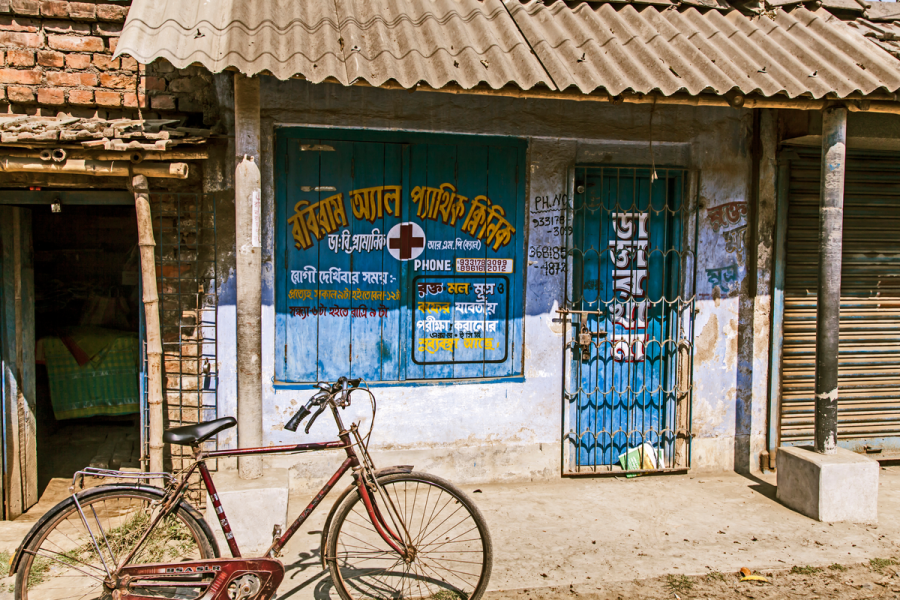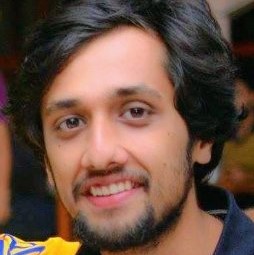Columns
When there is no doctor
Quacks, a major problem, may be trained to provide better basic health care.
Sambridh Ghimire
A quack is a person who dishonestly pretends to have medical skills or knowledge. The term is a shortened form of the old Dutch quacksalver, which originally meant a person who cures with home remedies, and then came to mean one using false cures or knowledge. Their unique selling proposition was not only their reasonable cure but also their showmanship, often complemented by clowns and other performers. They often impersonated scientists with long coats and carried human skulls, imitating heavy foreign accents in order to add credibility and myth to their claims.
In Nepal, quacks are not an anomaly. In the early modern era, Nepal was a closed country that was not welcoming of the modernisation of the West. This exclusive reign delayed the arrival of modern medical science in the nation. Although medical science made inroads into the country from the north and the south, the doctor-to-patient ratio was always below the requisite number. All these factors resulted in non-scientific healing in the nation; a few often-heard names are dhamis, jhankris and matas.
Cultural importance
Ayurveda and homoeopathy did not qualify under the strict definition of medical sciences, but they were assimilated into the mainstream due to their historical and cultural importance. They also had a good track record on the subcontinent that led to their legalisation through legislation. Early modern Nepal just saw a few doctors concentrated around urban centres like Kathmandu and Biratnagar. In Kathmandu, doctors were an elite phenomenon, with just the aristocracy and monarchy having access to them. Apart from doctors, there were a few paramedical staff such as nurses and compounders. Quacks usually worked around these set boundaries of health care.
Quacks in South Asia are men of the people. It was both unavailability and unaffordability that coerced ordinary persons to seek other medical remedies. I first came across a quack in the city of Kalyani in West Bengal. As part of my adventures in Bengal, I was in Kalyani for a project that required me to gather information on the city's culture, economics and politics. Best practices suggest that school teachers are the best to disseminate such information. But in Kalyani, the quacks were seen as the wardens of wisdom.
So, when I met Pijyush Bala, I asked him about things related to my research, he answered all my questions surpassing my expectations. When I asked him how he knew so much, he responded by saying, ‘Aami sudhu jinisa jani.’ (I just know things.) But there was more than that. I asked around and learnt that Pijyush Bala had been doing this for the past 20 years. He used to be an apprentice under his maternal uncle, from whom he inherited the practice. Owners of adjacent shops claimed that Pijyush saw an average of 30-40 patients a day, excluding his home visits. When I asked them about the reliability of his cure, they answered that it worked for people with faith.
In recent years, the AIDS Baba had gained popularity in Bharatpur. The astrologer claimed that he could cure HIV/AIDS with his familial wisdom inherited from his ancestors. Apparently, he had advised more than 400 patients, and most of them had been healed. Furthermore, dental quacks were said to have flourished in Kathmandu in the first decade of the new millennium. A report suggested that more than 600 unlawful dental establishments were running in the valley. But over the years, the concept of quacks, like everything else in the world, has evolved. Rather than persuading by a grandiose show of art and craft or convincing by divine authority, modern-day quacks are procuring degrees and certificates. In 2016, a news report that around 35 ‘doctors’ possessing forged certificates had been arrested by the Nepal Police as part of Operation Quack shocked the country.
At the height of the Covid-19 pandemic in September 2020, the police had arrested a man from Kathmandu who was spreading rumours that the reason dead bodies were not given to the family was because of organ trafficking. The man claimed to be a ‘doctor’ who had received knowledge directly from the Almighty and could cure HIV/AIDS. His clinic located in the heart of the capital was called Antim Bikalpa (Last Resort). These are just some examples of domestic quacks. Nepal has also been home to foreign quacks like the unlicensed Chinese and Korean clinics running in the valley claiming to cure cancer, HIV/AIDS and other chronic diseases.
Unscientific advice
In today's world, with the digital and communication revolution, the definition of quack has become wider to incorporate not just the person but any medium of communication that gives false advice claiming to have the prerequisite knowledge. It can be argued that someone giving unscientific advice to influence people also falls under the definition of a quack. Quackery in Nepal should not come as a surprise as it is a nation where an alleged quack climbed up to the rank of prime minister. I am not referring to the current prime minister because of his guava leaves or turmeric water comment, but ‘Doctor’ Kuwar Indrajit Singh (KI Singh), the so-called Robin Hood of the Himalayas, who claimed to be a doctor despite unproven credentials.
A study by Nobel laureate Abhijit Banerjee suggests that undoubtedly qualified doctors are more likely to manage a case than their untrained counterparts, but ‘training closed half the gap in correct case management’. Although health care regulation is still a distant dream, the training of quacks as the first line of defence is an experiment that has been successful in other nations of South Asia. Could this be helpful in these times of a public health crisis in Nepal?




 22.12°C Kathmandu
22.12°C Kathmandu















